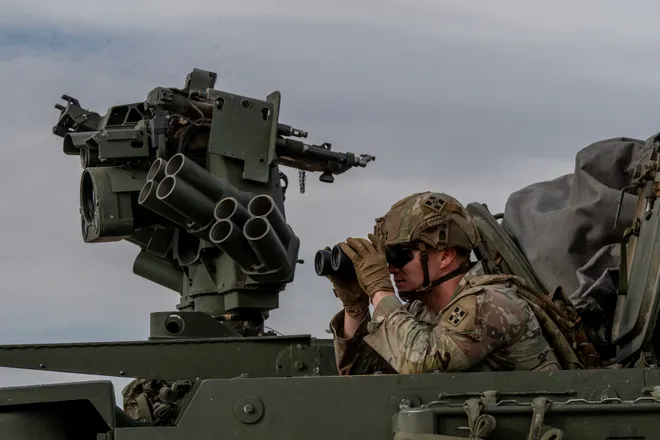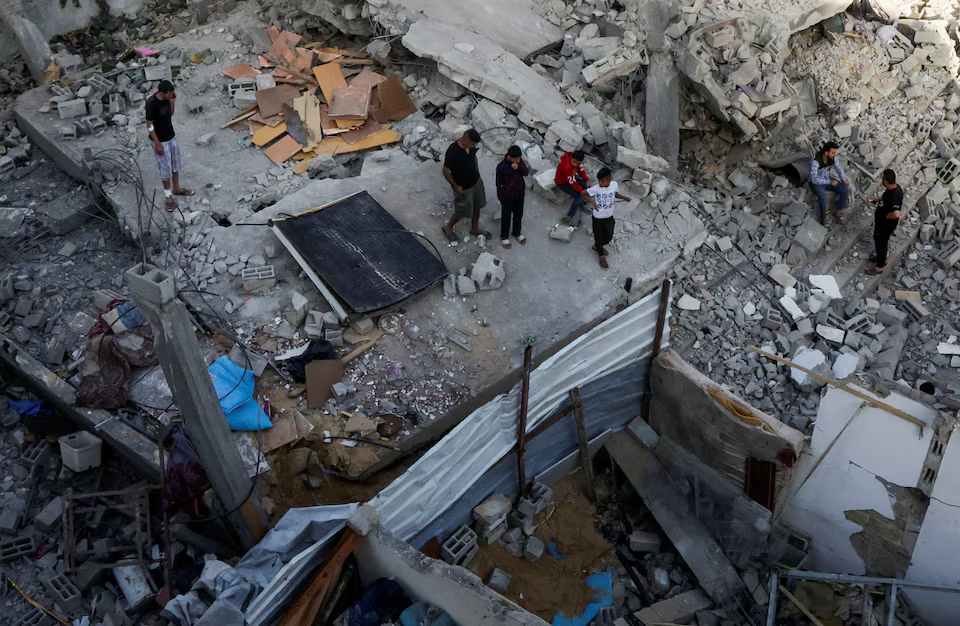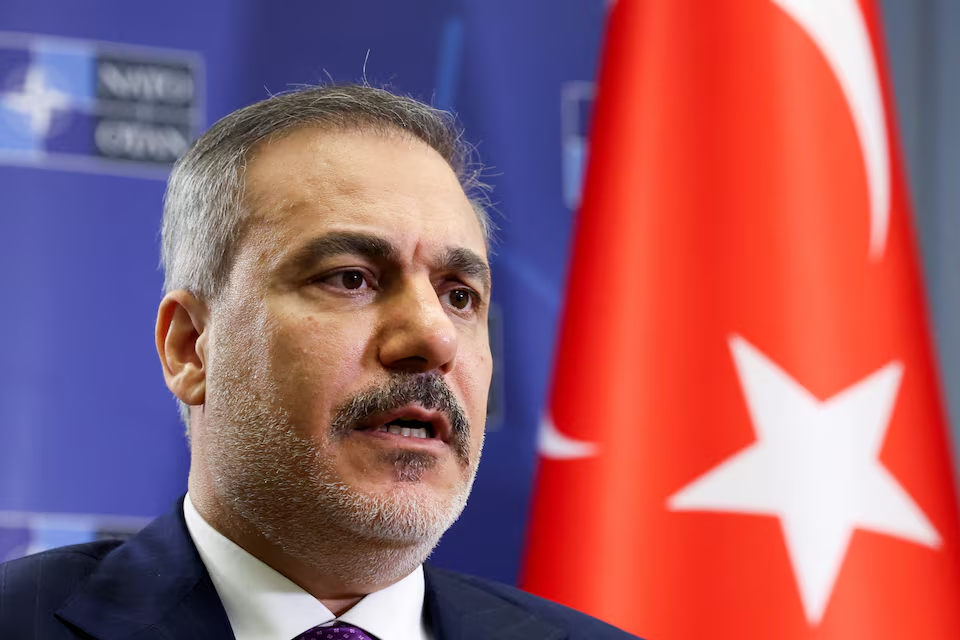Former President Donald Trump’s renewed crackdown on the U.S.–Mexico border is already reshaping immigration enforcement, sparking a wave of legal challenges, humanitarian concerns, and fierce political debate across the country. The report from USA Today on May 25, 2025, details how the controversial policies — which began rolling out shortly after Trump’s return to office — are affecting migrants, state governments, and federal agencies.
“We are taking back control of the southern border — no apologies,” Trump said at a rally in Texas earlier this month.
The new approach includes expedited mass deportations, military deployments at key crossing points, and a dramatic increase in detentions, with a growing number of asylum seekers turned away or held indefinitely.
🚨 Key Measures Implemented
Trump’s administration has reactivated and expanded several hardline immigration policies:
- Title 42-style expulsions without due process under a new emergency health directive
- Use of National Guard and federal contractors to patrol border regions
- Construction of new physical barriers and surveillance towers
- Severely restricted access to asylum claims and humanitarian parole
Critics argue that these policies violate international law and the constitutional rights of migrants, particularly families and unaccompanied minors.
⚖️ Legal and Civil Rights Challeng
Civil liberties groups, including the ACLU and Human Rights First, have filed lawsuits challenging the constitutionality of Trump’s orders, especially those enabling indefinite detention and rapid removals.
“This is a full-scale assault on human rights,” said a legal advocate in El Paso. “We are seeing people denied legal counsel and deported within hours.”
Federal courts in California and Washington, D.C., are already hearing emergency injunctions, while advocacy groups are demanding congressional oversight and international intervention.
🏛️ State and Local Fallout
Governors in California, New Mexico, and Illinois have publicly defied Trump’s enforcement orders, with some refusing to cooperate with federal agents. Border communities report mounting tensions, including protests, increased arrests, and pressure on local shelters and hospitals.
Meanwhile, Republican governors in Texas and Arizona have praised the crackdown, deploying additional state troops and echoing Trump’s messaging about national security.
🧭 Political Divide Widens
The border crackdown has become a defining issue in American politics. Supporters argue Trump is restoring law and order, while opponents see it as xenophobic and authoritarian. Congressional Democrats have introduced legislation to block funding for expanded detentions, but it faces resistance in the GOP-controlled House.
“Trump is turning fear into policy,” said one Democratic senator. “This isn’t security — it’s cruelty.”
Polls show the country is deeply split, with many independents supporting stricter enforcement but opposing family separations and blanket deportations.
What to Watch
- Federal court rulings on deportation legality and due process violations
- Impacts on asylum seekers and legal immigration backlogs
- Humanitarian conditions at detention centers and processing hubs
- Political pressure on moderate lawmakers ahead of 2026 midterms
- International response from Mexico, Central America, and the UN refugee agency
As Trump doubles down on immigration enforcement, the southern border has once again become ground zero in America’s identity struggle — where security, law, and compassion collide in one of the most politically charged issues of the modern era.
Source: USA Today



